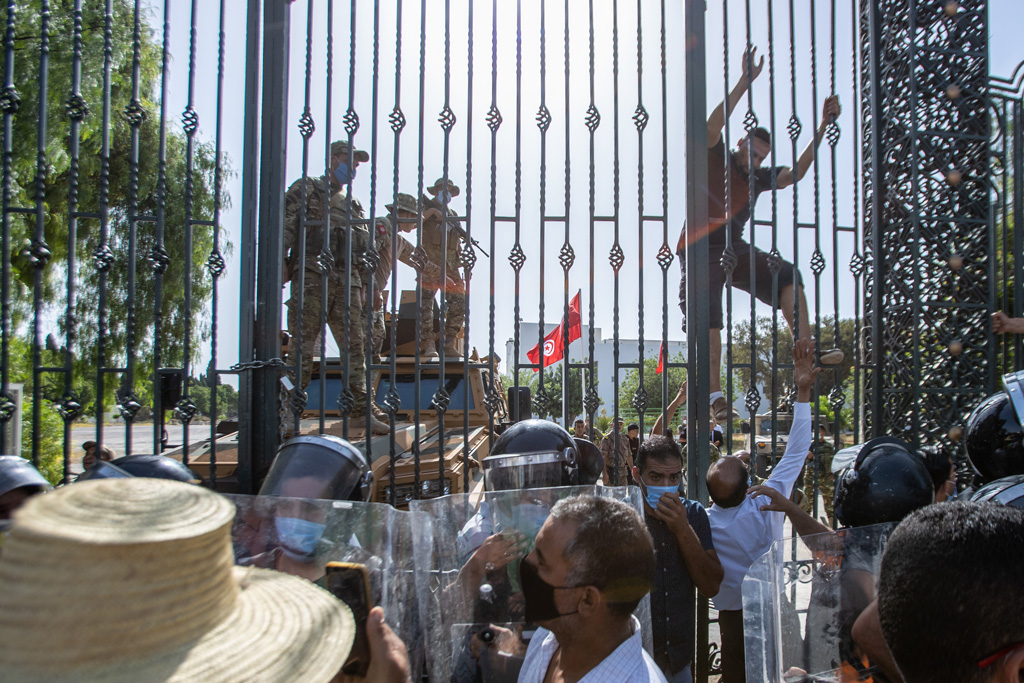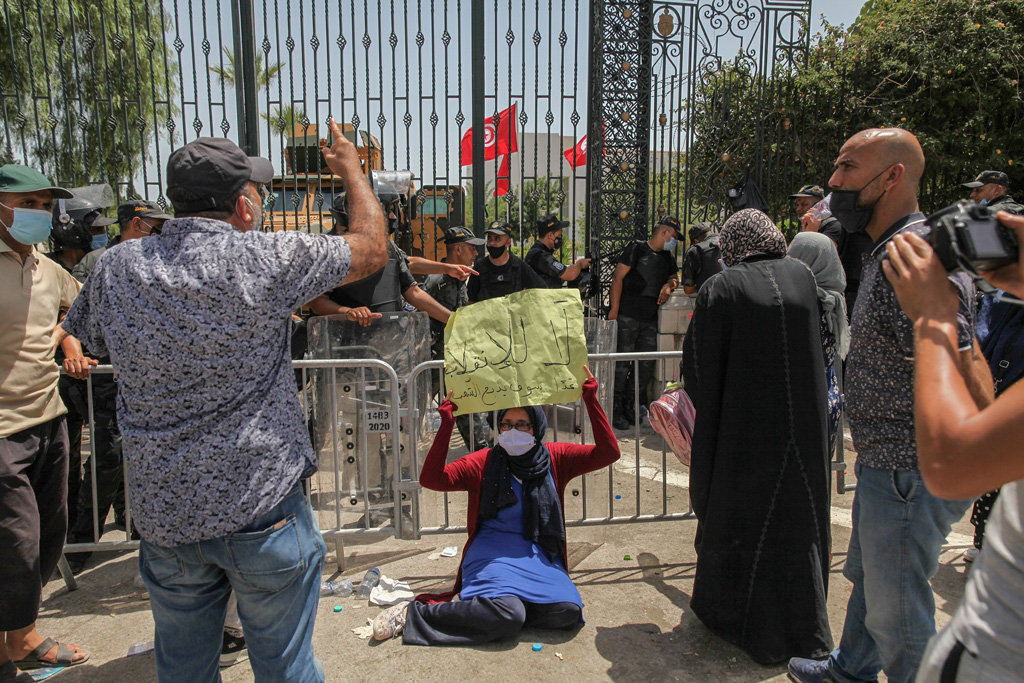So we are at that point where we must rethink the relationship between state and religion in the early Republican era. Considering what is happening in Turkey recently, one is led to think that prominent scholar Ismail Kara must have written his book, Şeyh Efendi’nin Rüyası, for our times. The book tells the story of some Sufis, who, while planning to curse the Kemalist regime and its anti-religious reforms, changed their minds after they had a dream. Their dream had a clear message: for the survival of the state and interest (maslaha) of the ummah, they must adopt a policy of patience in the face of state repression. The corollary is that even the Kemalist regime that destroyed Islamic symbols, personalities and institutions must not be cursed.
SURVIVAL OF STATE, MASLAHA OF UMMAH
The principle above clarifies the Sunni codes that prevail in the Islamic movement in Turkey. Here Islamic movements, which embraced the policy of patience for the sake of survival of the state and interest of the ummah, preferred to retreat when the regime attacked them but put great effort to Islamize society when they had some freedom.
Fethullah Gulen’s curses of Islamic-oriented AK Party amid the row between the Gulen movement and the AK Party government that started first with the closure of preparatory schools and grew with the 17 December politically-motivated graft probe mark a sharp break from the Sunni codes. How should we interpret the Gulen movement’s attitude given the fact that it adopted a principle of never battling the political power, announced no interest in politics and even assumed a facilitating role in the 28 February process? What does it mean for the leader of the movement to rain curses on the Prime Minister Recep Tayyip Erdogan, claimed to be an Islamist, while never speaking openly against the laicist Kemalist regime? The objective of this piece is to discuss based on these questions the hegemonic place of the Gulen movement within the Islamic movement in Turkey, its success, international role and most recent dilemmas. The discussion I will broach also aims at showing to the reader that the political battle between the Gulen movement and the AK Party is redefining state-religion relationship in Turkey.
THE GULEN MOVEMENT’S SUCCESS
The Gulen movement has kept itself different from other Islamic movements since its appearance in Turkey. It consciously chose limited contact with Islamist political parties and other religious groups due to its special agenda and autonomous organizational structure from the start. The movement presented this as prioritizing ‘the service’ (hizmet) and was therefore able to comfortably reach a durable and unique synthesis that protected it against criticisms of other religious groups as the movement formed its own peculiar religious discourse. The movement managed to generate a consistent, service/action-oriented, devoted religious understanding around the Risale-i Nur as interpreted by Fethullah Gulen and his charismatic sufi lifestyle. This religious understanding required sacrifice and strict organization of worldly life for the other life. The movement’s success in service (hizmet) is packaged with a spiritual language and reproduced to mobilize more and more people.
The movement, which ensures in a spiritually appealing atmosphere that its followers always keep in their minds hierarchy, being organized and being ready to sacrifice their (and others’) lives for the sake of hizmet, managed to attract over time a tremendous amount of network, people and money. This capital manifests itself transnationally in the form of schools and other institutes in many parts of the world. Unlike other transnational Islamic movements such as the Muslim Brotherhood, the Gulen movement, while resembling a mega-jamaat, did not lose its hierarchical and centralized organization. In addition to an international schools network, its success in penetrating the most critical posts within the Kemalist regime








